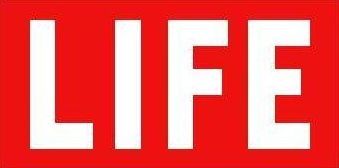 From remote, inaccessible Yenan comes an account of Communist resistance against merciless Japanese
From remote, inaccessible Yenan comes an account of Communist resistance against merciless Japanese
| Time and LIFE's Far East Correspondent Teddy White recently flew from Chungking to Yenan, the mountain-shrouded capital of Communist North China. There he talked with the Party leaders, peasants and guerrillas who for seven years have been waging their own independent war against the Japanese. In this article Mr. White tells of their long struggle and recounts some of the atrocities committed against them (as against all Chinese) by the Japs. In the current crisis of the Asiatic war the Chinese Communists hold a crucial position. In recent months the Japs have scored a great land victory, splitting Free China in two and threatening to knock it out of the war. To meet this threat the U.S. government has been urging Generalissimo Chiang Kai-shek to accept the Communists' help in a united campaign to stop the Jap invaders. Last week the news hinted that some such political truce might be in the making. Chiang appointed the able and modern-minded T. V. Soong as premier of the Chinese government. A high Communist leader, Chou En-lai, flew to Chungking from Yenan in a U.S. Army plane. There was hope that the dire adversity might at least temporarily solve the deep-rooted ideological differences. |
|
|
 Students work hard, study hard, live hard under portraits of Russia's Joseph Stalin and F.D.R.
This picture is from newly released March of Time film, Inside China Today.
Students work hard, study hard, live hard under portraits of Russia's Joseph Stalin and F.D.R.
This picture is from newly released March of Time film, Inside China Today.
|


